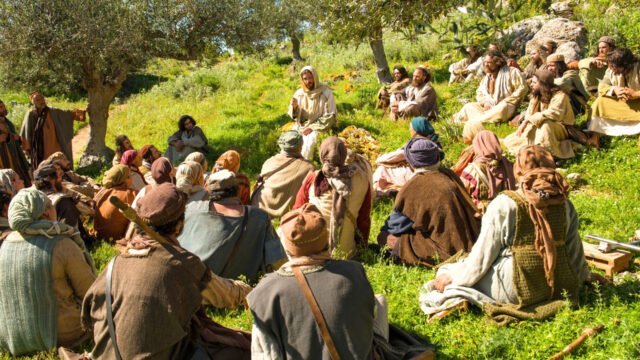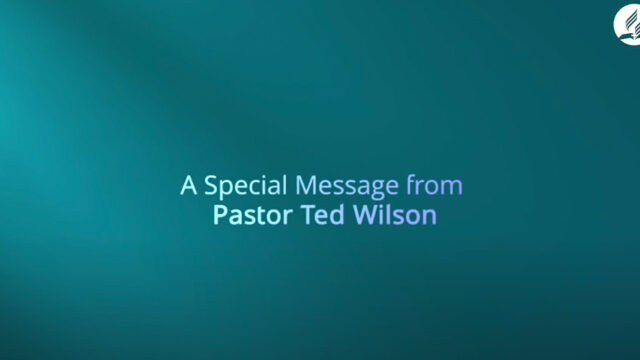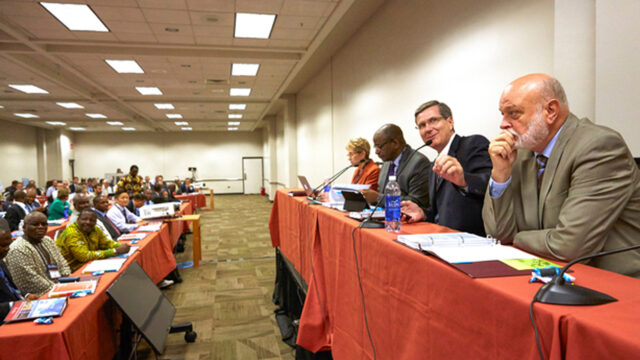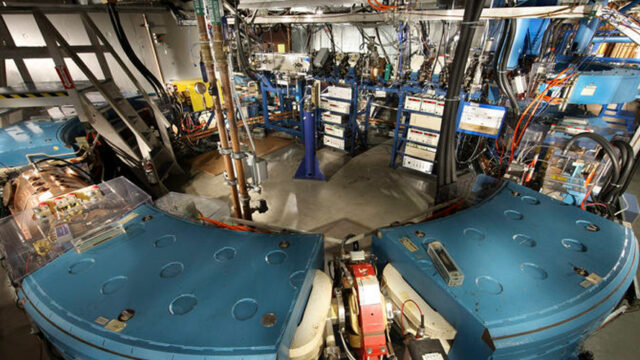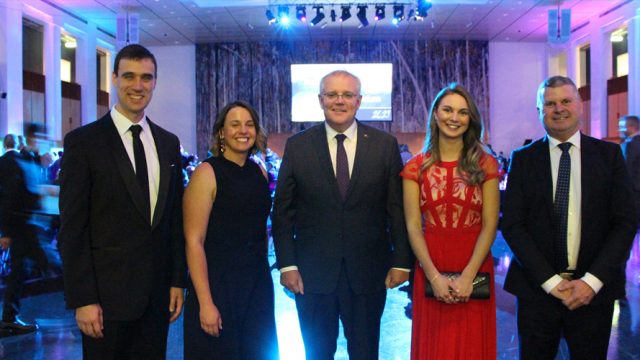It requires more than just words.
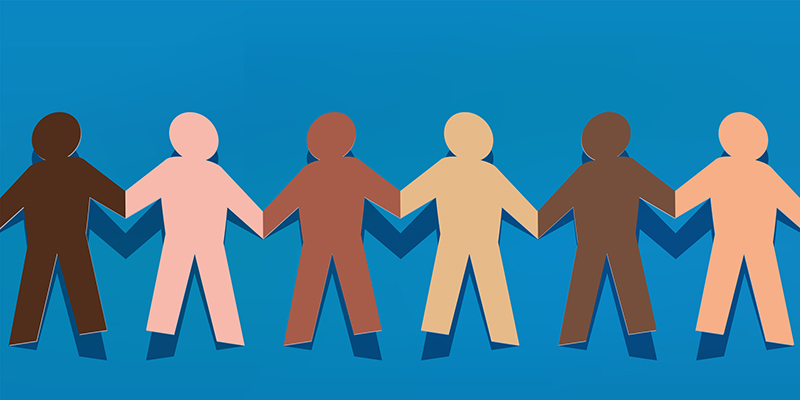
No one can miss the ubiquitous posters and slogans. “Black Lives Matter” (#BLM), “All Lives Matter,” “No Human Is Illegal,” may be seen everywhere. In context, all these slogans mean something. To some, these declarations mean “wokeness” and speak dignity. To others, these same slogans mean division and create discomfort. What’s your reaction?
Case in point: #BLM. Your reaction to this hashtag provides personal insight as to where you stand on the topic. It is your reaction or lack of reaction that may fuel racial reconciliation or racial tensions in your world and space. Reaction is not totally indicative, but it can be revealing if you are honest with yourself.
Spirit-led Self-awareness
Achieving racial understanding and unity can be complex and sensitive, but one thing is certain: everyone can make a difference. It all starts with Spirit-led self-awareness and commitment. Black History Month is simply one platform where your views may be demonstrated. This period, or any point in time, can be an opportunity for you to initiate strategy to do good.
Eric Mason in Woke: An Urgent Call for Christians in America to Confront Racism and Injustice,* illustrates an important principle by referring to the 2018 Kilauea Volcano eruption in Hawaii. The volcano was horrific, spewing lava more than 1,000 feet into the air, destroying homes and everything in its pathway. Remarkably, geologists noted the eruption was not unknown or unexpected; it had been continuously erupting since 1983.
An eruption is followed by calm. People relax. Then rumblings; then another eruption. Volcanoes are formed when a tectonic plate shifts over a hot spot in the layers of earth beneath the surface. People are never quite sure of the when or where of the next eruption.
Racial challenges and injustices are much like the Kilauea Volcano: they don’t permanently disappear but ebb and flow. They form a hotbed of lava that lives just beneath the surface, and at any moment they can explode violently. This happened in Charleston, Louisville, Minneapolis, and numerous other places. Racial tensions remain a challenge, even as sin remains a reality.
Reconciliation Strategy
The call to the Adventist Church—and to all Bible-believing churches—is to be proactive in love. That is, to get ahead of the racial eruptions. Scripture makes clear that the path to success is to do justice, love mercy, and walk humbly (Micah 6:8). Spirit-filled Christians are led to direct “care-full” and effortful attention and deeds where they are needed most.
How might a believer prepare for or head off racial tensions? Here are three “be” strategies for racial bridge building in your world. What you do or don’t do should be consistent with your biblical understanding of the principles in God’s Word. You can’t do everything, but you should do something. Here they are:
1. Be attentive: Look, listen, and learn the needs and challenges of those oppressed and mistreated in the arena of race and other areas of injustice.
2. Be affable: Lovingly communicate a Micah 6:8 lifestyle of justice, mercy, and humility in areas where you have influence and impact.
3. Be actional: Go beyond hearing and speaking and actually initiate something that will promote breaking down walls (see Eph. 2:14) and result in good and in a gospel witness for those who need it.
Ask God to bless you to be a minister of reconciliation and move forward in faith.
* Eric Mason, Woke: An Urgent Call for Christians in America to Confront Racism and Injustice (Chicago, Ill.: Moody Publishers, 2018).


